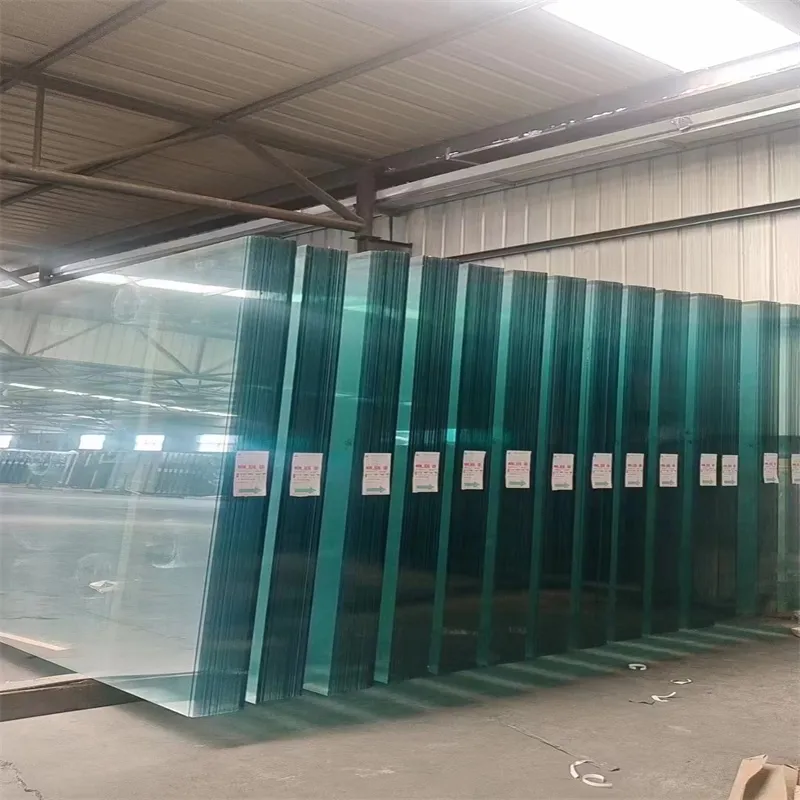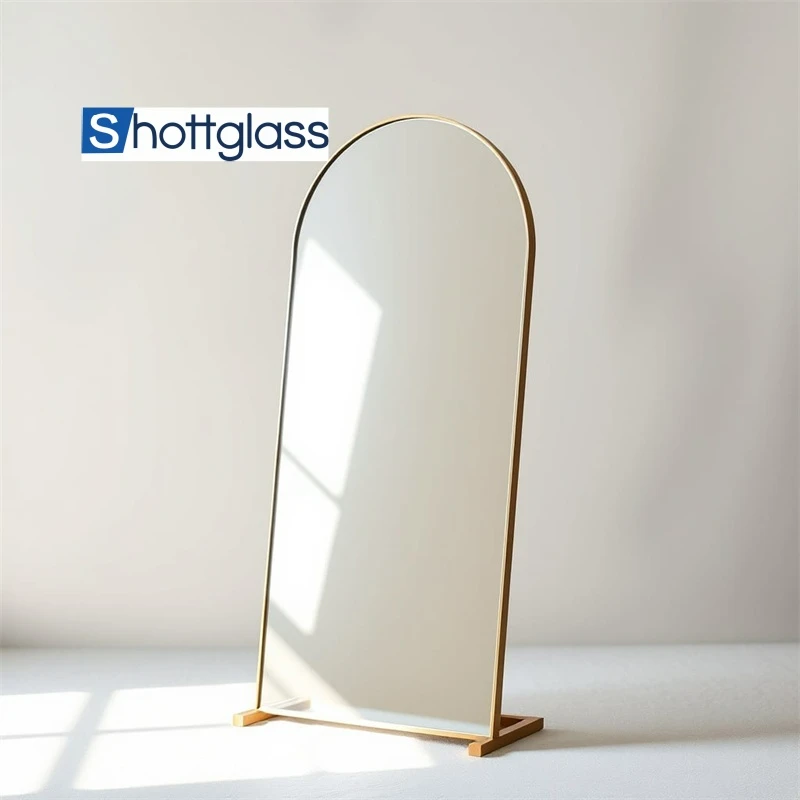Oct . 04, 2024 13:17 Back to list
types of special glass
Types of Special Glass An Overview
Glass is a versatile material that has been utilized for centuries in various applications, from everyday items like windows and drinkware to specialized uses in technology and art. Special glass refers to types of glass that have been engineered or modified to possess unique properties, making them suitable for specific functions. This article will explore some of the most prevalent types of special glass and their applications.
1. Laminated Glass
Laminated glass consists of two or more layers of glass with an interlayer of polyvinyl butyral (PVB) or similar material. This type of glass is renowned for its safety features; in the event of breakage, the shards adhere to the interlayer rather than scattering, significantly reducing the risk of injury. Laminated glass is commonly used in car windshields, skylights, and high-rise building facades, as it also provides sound insulation and UV protection.
2. Tempered Glass
Tempered glass, also known as toughened glass, is produced through a process of extreme heating and rapid cooling, which increases its strength compared to regular glass. This type of glass is designed to withstand high levels of stress and is used in applications where safety and durability are paramount, such as shower doors, glass doors and tables, and facade panels. When broken, tempered glass shatters into small, less harmful pieces, further enhancing its safety profile.
Insulated glass units (IGUs) are made up of two or more glass panes separated by a space filled with argon or another gas. This design minimizes heat transfer and enhances energy efficiency, making insulated glass a popular choice for residential and commercial windows. By reducing heat loss in winter and heat gain in summer, insulated glass helps lower energy bills and improves indoor comfort.
types of special glass

4. Low-E Glass
Low-emissivity (Low-E) glass is coated with a thin layer of metallic oxide, which reflects infrared light while allowing visible light to pass through. This glass type is designed to enhance energy efficiency, as it keeps heat inside during winter and blocks excess heat during summer. Low-E glass is increasingly utilized in modern constructions, contributing to sustainability efforts and energy conservation.
5. Smart Glass
Smart glass, or switchable glass, can change its properties in response to an electrical current, light exposure, or heat. This innovative material offers exciting possibilities for privacy and light control, allowing users to switch between transparent and opaque states. Smart glass is commonly used in offices, conference rooms, and even residential applications, where adaptability can enhance both functionality and aesthetics.
6. Borosilicate Glass
Borosilicate glass contains silica and boron trioxide, making it highly resistant to thermal shock. It is widely used in laboratory glassware, ovenware, and industrial applications due to its ability to withstand high temperatures and sudden changes in temperature. Borosilicate glass is less likely to break compared to regular glass, making it ideal for scientific use.
Conclusion
The development of special glass has revolutionized various industries, enhancing safety, efficiency, and functionality. From laminated and tempered glass to smart glass and borosilicate solutions, the diversity in types of special glass highlights its adaptability and crucial role in modern technology and everyday life. As advancements continue, we can expect even more innovative applications for this remarkable material, enriching our environments and experiences.
-
Types of Reflective Glass
NewsNov.17,2025
-
What Is Dichroic Glass?
NewsNov.17,2025
-
Smart LED mirrors can have touch controls
NewsNov.17,2025
-
Laminated glass improves energy efficiency
NewsNov.17,2025
-
Insulated glass enhances building comfort
NewsNov.17,2025
-
Acid etched glass offers elegant privacy
NewsNov.17,2025
Related PRODUCTS














